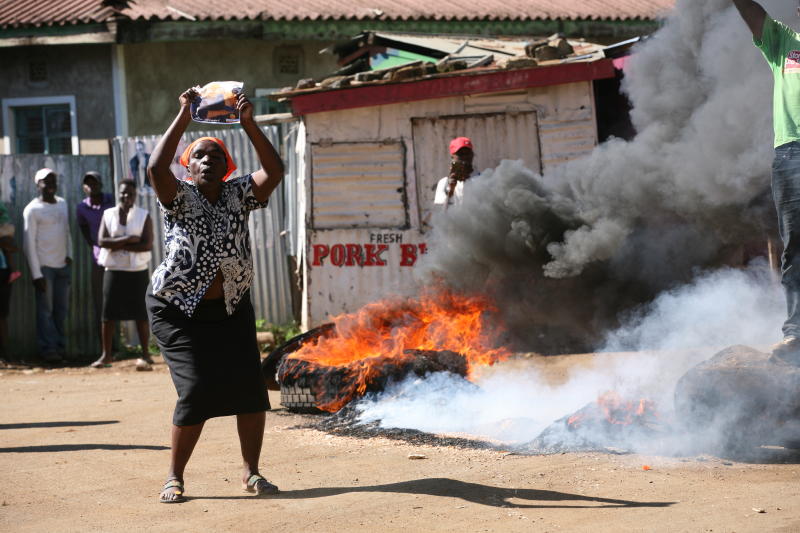×
The Standard e-Paper
Fearless, Trusted News

From loss of lives and property, displacement of people, disruption of business, and psychological trauma, the memories of 2017 will haunt Kisumu city as the year comes to an end.
Even though the city faces an uphill task of healing from the ordeal of political violence, some residents have expressed confidence that the city will soon be up and standing.